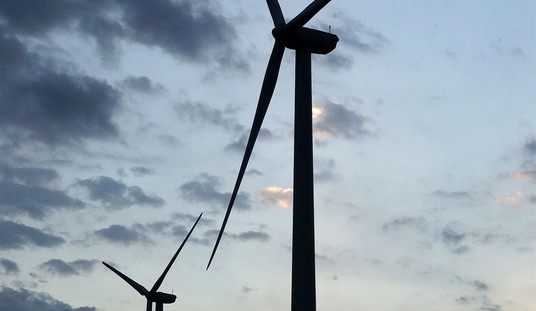Boise, Idaho is one of many, many cities and towns across the nation which have passed laws banning sleeping in parks and other public places. This practice results in the occasional prosecution of the homeless, which is either a bug or a feature depending who you ask. Civil rights activists want to see an end to this practice and now the Obama administration has weighed in on their side. (Huffington Post)
Laws that make it a crime for homeless people to sleep in public places even when there isn’t enough room for them at a shelter unconstitutionally punish the homeless, lawyers for the Obama administration said in a court filing on Thursday.
The federal government took this position against so-called anti-camping laws in an ongoing case against the city of Boise, Idaho, which has enforced ordinances banning sleeping in public spaces and ended up convicting homeless plaintiffs.
Attorneys in the Justice Department’s Civil Rights Division argued that “the conduct of sleeping in a public place is indistinguishable from the status of homelessness” and that it should be “uncontroversial that punishing conduct that is a universal and unavoidable consequence of being human” violates the Eighth Amendment. They noted that “finding a safe and legal place to sleep can be difficult or even impossible” for many homeless people.
Public nuisance laws have been around nearly as long as the nation and I’m fairly sure that they were inherited from other nations before us. Now, that doesn’t mean that they’re “the right thing to do” by default, but we also can’t simply wave them away with a magic wand. Of course in this case a legitimate concern is being raised. Communities have the right to set their own standards for cleanliness and conduct, just as they can determine factors like vertical density and historic or cultural look and feel. If you don’t want your public square occupied by people sleeping under newspapers because it will affect tourism, the quality of life for residents or commerce, that’s generally left to the judgement of government at the local level.
But homelessness is definitely a problem in most communities and you want to offer whatever help may be possible. How do you balance those competing needs? If there is a homeless shelter available, the question is rather simple to answer. Law enforcement can take public sleepers and determine if they are truly homeless. (If it’s just some drunk who passed out on the way home we’re in completely different territory.) Assuming they are, they can be directed toward or given a lift to the shelter. If they refuse such help and also will not move along, then detaining them may be the only option.
What if the community has no such shelter available? Designated “homeless sleeping areas” is a solution which sounds as if it’s rife with problems. But yet again we see a situation where the answer will be vastly different from one place to the next and top down solutions from the federal level are never the answer.







Join the conversation as a VIP Member